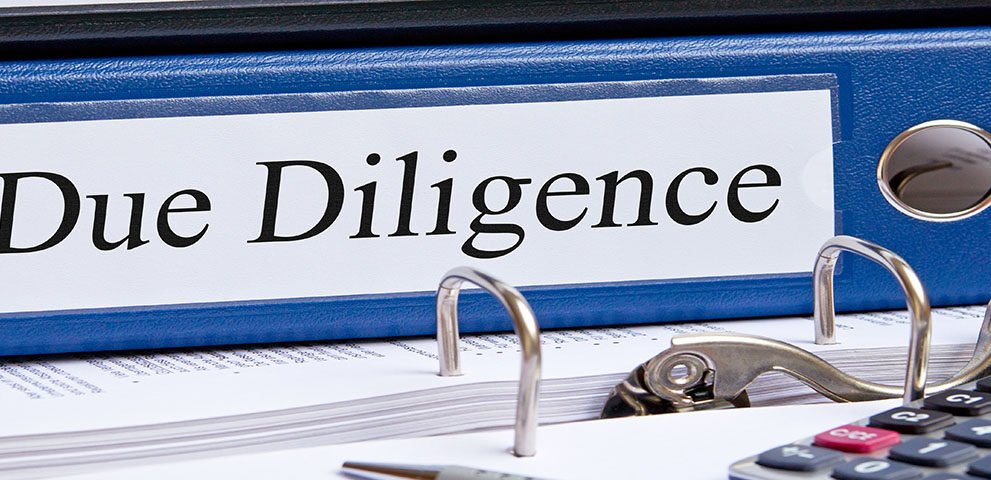Automating Due Diligence: Tools and Techniques for Lawyers

Introduction
In today’s fast-paced legal environment, automating due diligence has become an essential strategy for lawyers seeking efficiency and accuracy. As the legal industry embraces digital transformation, leveraging automation tools not only streamlines processes but also enhances the quality of due diligence. This article delves into the various tools and techniques available for lawyers aiming to automate due diligence, ensuring a competitive edge in the legal market.
Understanding Due Diligence in the Legal Context
Due diligence is a critical process conducted by lawyers to assess and verify the legal, financial, and operational aspects of a business or individual. It plays a crucial role in mergers and acquisitions, real estate transactions, and risk management. Traditionally, due diligence has been a manual, time-consuming task. However, with advancements in technology, lawyers can now automate many elements of the due diligence process, saving time and reducing human error.
The Need for Automating Due Diligence
- Efficiency and Speed: Automation speeds up the due diligence process by quickly analyzing large volumes of documents and data. This efficiency is vital in meeting tight legal deadlines and closing deals faster.
- Accuracy and Consistency: Automated tools minimize the risk of human error, ensuring that data analysis is consistent and reliable. This accuracy is crucial in identifying potential legal risks and compliance issues.
- Cost-Effectiveness: By reducing the time spent on manual processes, law firms can lower operational costs, making legal services more affordable for clients.
Key Tools for Automating Due Diligence
- Artificial Intelligence (AI) and Machine Learning: AI-powered tools can sift through vast amounts of data to identify patterns and anomalies, providing lawyers with comprehensive insights. These tools are particularly useful in scanning legal documents, contracts, and financial records.
- Document Management Systems (DMS): A robust DMS automates the organization, retrieval, and storage of documents, ensuring that lawyers have quick access to relevant information. Features like optical character recognition (OCR) enhance the ability to search and categorize documents effectively.
- Data Analytics Platforms: These platforms allow lawyers to analyze and visualize data trends, offering insights into potential legal risks and opportunities. By automating data analysis, lawyers can make informed decisions swiftly.
- Contract Analysis Software: Specialized software can review and analyze contracts, identifying key clauses, obligations, and potential red flags. This automation facilitates quicker contract reviews and negotiations.
- Blockchain Technology: For sectors requiring enhanced security and transparency, blockchain can be used to verify the authenticity of documents and transactions, adding an extra layer of trust to the due diligence process.
Read More: Legal Tech for Immigration Lawyers: Simplifying Complex Processes
Techniques for Implementing Automation in Due Diligence
- Training and Development: To successfully implement automation tools, law firms should invest in training their staff. This ensures that lawyers are proficient in using new technologies and can fully leverage their capabilities.
- Integration with Existing Systems: Automated tools should seamlessly integrate with a firm’s existing IT infrastructure. This integration prevents disruptions and enhances the overall efficiency of the due diligence process.
- Customization: Customizing tools to fit the specific needs of a law firm ensures that they address unique challenges and requirements. Tailored solutions lead to more effective automation and better outcomes.
- Continuous Evaluation: Regularly assessing the performance of automated tools and techniques helps law firms identify areas for improvement. This continuous evaluation ensures that the due diligence process remains efficient and up-to-date with technological advancements.
Conclusion
Automating due diligence offers numerous benefits for lawyers, from increased efficiency and accuracy to cost savings and improved client satisfaction. By adopting the latest tools and techniques, law firms can streamline their due diligence processes, ensuring they stay ahead in a competitive legal landscape. As the legal industry continues to evolve, embracing automation will be crucial for lawyers looking to enhance their practice and deliver superior services to their clients.
Incorporate these strategies to not only meet the growing demands of the legal market but also to position your firm as a leader in innovative legal solutions. Embrace the future of law with automation and ensure your due diligence process is thorough, timely, and reliable.

















































































































































































































































































































































































































































































































































